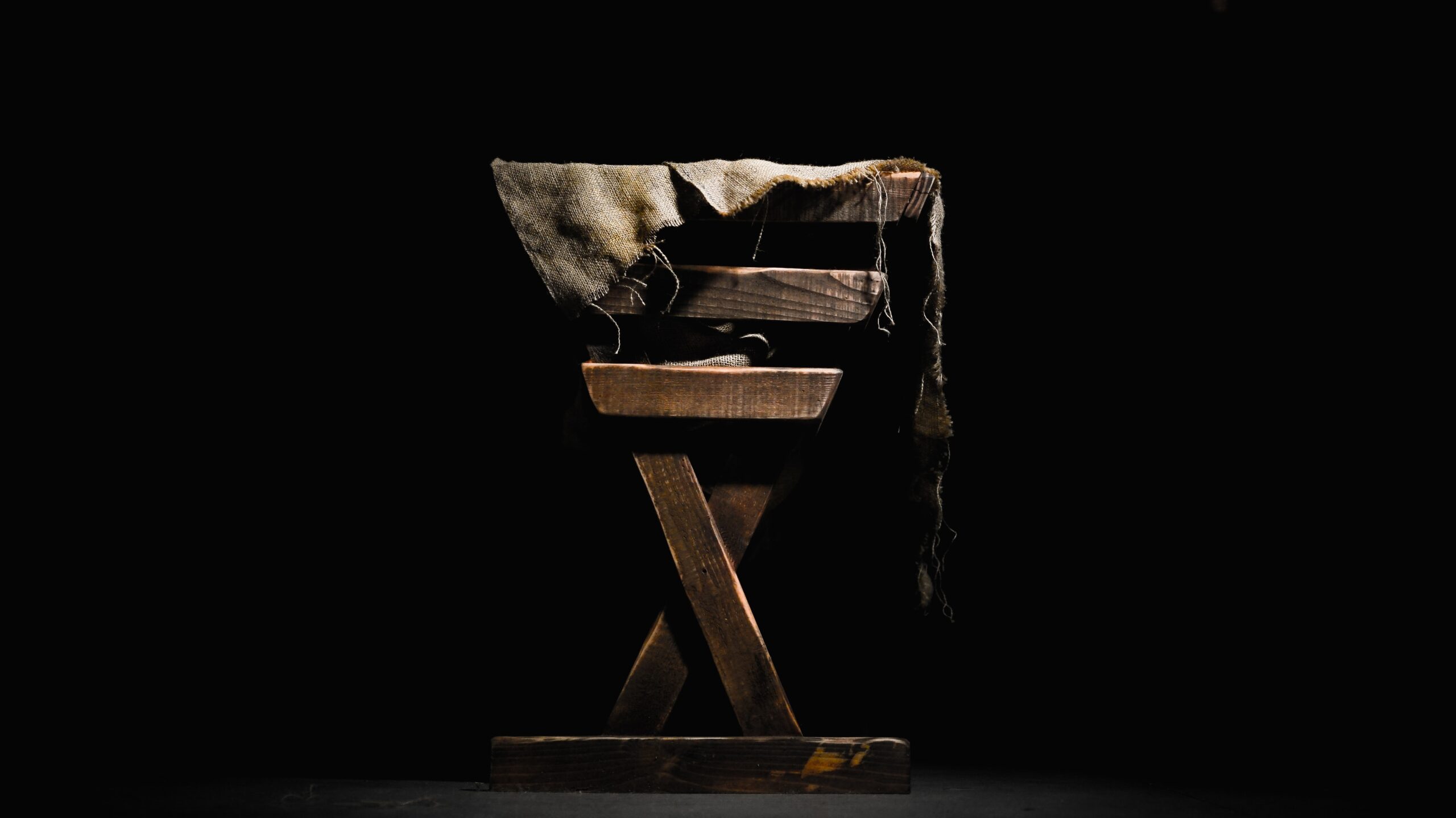
Christ’s Incarnation and Its Effect on Biblical Worldview
Does Christ’s incarnation affect our worldview? Although this is a yes or no question, it really deserves a considerable amount of explanation. and surprisingly for some, how you answer this question will have a lot to do with whether you’re Roman Catholic or Protestant.
At Bob Jones University, we hold to the Protestant understanding of biblical worldview represented by the creation, fall, redemption, model. So to understand our worldview, we need to start at creation — what did image-bearing mean in Adam’s initial created state?
For Protestants, when God made Adam in His own image, Adam was by nature:
-
-
- Able to commune with God.
- Naturally inclined toward God with no inherent tendency toward sin.
- Morally and excellently ordered to see God and be in His presence.
- In need of nothing extra because he was created “very good.”
-
Roman Catholics, however, believe that when God made Adam in His own image, Adam was by nature:
-
-
- NOT able to commune with God.
- NOT naturally inclined toward God because Adam’s body had base appetites.
- Disordered due to the strength of baser appetites of the body above the will or reason, and so, could not see or be in God’s presence.
- (Therefore,) in need of a “super-added gift” of grace (donum superadditum) so that he could commune with and see God.
-
For the Roman Catholics, Adam is created with a natural problem. Grace is needed to elevate man to an ethical inclination toward God. They say that man by nature remained separated from God, but with added grace man is able to commune with God. For the Protestant, Adam is created perfect in nature. His original state was one that was morally excellent and inclined toward God, and it is this state we are restored to after our resurrection.
Now to address the fall and redemption part of our worldview model. We need restoration — because of the fall, everyone is fallen through Adam and dead in sin. But God, who is rich in mercy, redeemed us and bought us back. In Christ’s redemption, He reconciles us to God — to commune with God. Although our sin nature remains, we are able to get a glimpse of Adam’s former state. And one day, we will be restored to moral excellence and inclination toward God, perfectly, in Christ. We live with that end in view.
So, how does Christ’s incarnation affect our worldview? The incarnation was a necessary part of God’s redemptive act to take our nature that has been twisted by the fall and untwist it back to its intended state of natural inclination and communion with God, but this time “in Christ.”
Now, our worldview is one of imitation — we are told to imitate God in Ephesians 5:1. But does that mean we imitate Him as a Redeemer God? Not identically. We do not redeem in the exact same way He does. We do, however, imitate our Redeemer in a creaturely way. In a general sense, we can (in our creaturely and imperfect way) take what has been twisted by the fall and work toward untwisting it back to its original or intended state at creation which Jesus Himself did by becoming flesh.
Remember, in the Roman Catholic worldview, this kind of creaturely imitation of the Redeemer is not possible. God returning man back to his original state is not enough. For Catholics, man is in need of super-added grace beyond man’s natural state. Imitating God as Redeemer, then, would require the ability to bestow grace, and we do not have the ability to imitate that kind of work.
God’s redeeming work according to our worldview, however, is not universal. And in the same way, not everything that has been twisted by the fall is redeemable. For instance, since 2015 the government redefined marriage as a union between any combination of sexes. Although marriage ought to be untwisted and returned to its original state of Genesis 2:24, homosexuality, in contrast, is not redeemable but is sin.
So this Christmas, rejoice that God has redeemed you to seek after and commune with Him. But also, as you long for God to make all things new, remember your responsibility to seek to untwist a fallen creation back to God’s original intention as imitative work of our incarnate Redeemer.
As discussed by Renton Rathbun on The Steve Noble Show on December 8
